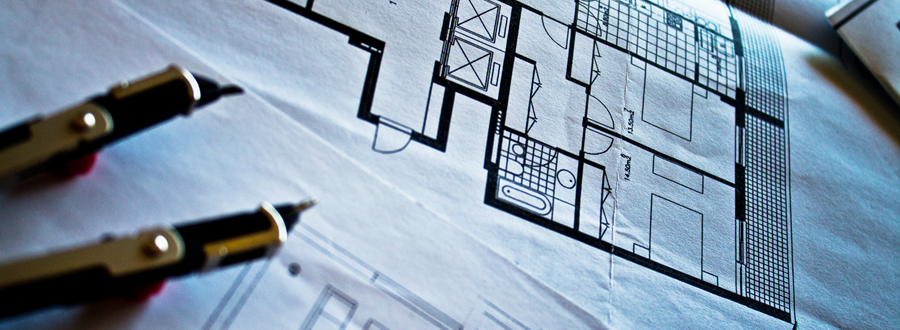How to avoid property overcapitalisation
When improvements are made to a property beyond that property's resale value it is known as overcapitalisation. It can cause heartache and debt so it's important to understand what it is and how to avoid it.

What is overcapitalisation?
When improvements are made to a property beyond that property’s resale value it is known as overcapitalisation. By overcapitalising on your property you may find it difficult to obtain return on investment if you ever have to or want to sell the property.
Overcapitalising is a common pitfall people make when building or renovating a property. However, it can be avoided if you take the time to do research and keep your emotions towards the property in check.
4 tips to help avoid overcapitalisation
1. Understand the pricing disparity in your area
Pricing disparity is the range of prices within a suburb. For example, if you plan on doing $200,000 worth of renovations to a $300,000 house it will make it at least a $500,000 house. If houses in your suburb are being sold for $250,000 - $450,000 it might not make sense to go over that $450,000 price range. This of course will depend on a number of factors, such as what the $450,000 houses offer to buyers.
2. Visit open houses in your area
By visiting open houses in your area you can take note of additions to the house, updates, quality of fittings, quality of craftsmanship and amount of space. Taking these details into account and looking at the value of the property, including the eventual sale price, will help you determine what kind of house is going for what kind of money.
3. Find out what features attract more buyers or renters
Start talking to real estate agents and find out exactly what is selling and what buyers (or renters) are looking for. For example, a second bathroom will more likely be a better selling point than a butler’s pantry in some areas. You may not be planning on selling your home soon but it’s always handy to know buyer preferences so you don’t get stuck when it comes time to selling.
4. Budget wisely
Research the costs of doing your renovation or build, make a budget based on this research and stick to it as closely as possible. Make sure you factor in any surprise costs that may pop up such as underlying damage to the house.
Even if you are doing work to a property that you plan on living in for a while, it’s important to consider overcapitalisation should you ever be in a position where you have to sell. Take your time, do your research and enjoy the process.
Thinking of buying, renovating or building property? Talk to one of our lending specialists today to find out more about our great lending rates. Visit your local branch or call us on 13 14 22.